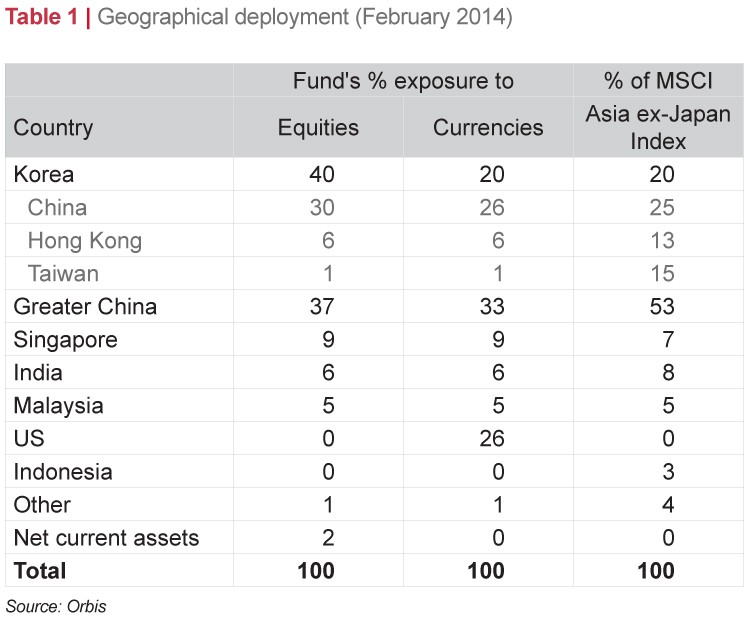Movements of the Won against the and other foreign currencies for Korea_Electric_Power
Post on: 16 Март, 2015 No Comment

KEP Topics Movements of the Won against the U.S. dollar and other foreign currencies
This excerpt taken from the KEP 20-F filed Jun 24, 2009.
Movements of the Won against the U.S. Dollar and Other Foreign Currencies
Korean Won has fluctuated significantly against major currencies in recent years. For fluctuations in exchange rates, see Item 3. “Key Information—Selected Financial Data—Currency Translations and Exchange Rates.” In particular, as liquidity and credit concerns and volatility in the global financial markets increased significantly since the second quarter of 2008, the value of Won relative to U.S. dollar has depreciated at an accelerated rate. The Noon Buying Rate per one U.S. dollar depreciated from (Won)936.6 to on January 2, 2008 to (Won)1,570.1 on March 2, 2009. The Noon Buying Rate per one U.S. dollar was (Won)1,246.0 on June 12, 2009. The depreciation of Won against U.S. dollar and other foreign currencies in the past had resulted in a material increase in the cost of servicing our foreign currency debt and the cost of fuel materials and equipment purchased from overseas. As of December 31, 2008, approximately 29.3% before swap transaction of our long-term debt (including the current portion thereof) was denominated in foreign currencies, in U.S. dollar, Yen and Euro. The prices for substantially all of the fuel materials and a significant portion of the equipment we purchase are stated in currencies other than Won, generally in U.S. dollars. Since substantially all of our revenues are denominated in Won, we must generally obtain foreign currencies through foreign-currency denominated financings or from foreign currency exchange markets to make such purchases or service such debt. As a result, any significant depreciation of Won against U.S. dollar or other foreign currencies will have a material adverse effect on our profitability and results of operations. See Item 3. “Key Information—Risk Factors—Risks Relating to KEPCO—The movement of Won against the U.S. dollar and other currencies may have a material adverse effect on us.”

Movements of the Won Against the U.S. Dollar and Other Foreign Currencies
overseas sources. As of December 31, 2007, approximately 27.1% of our debt was denominated in foreign currencies, principally in U.S. dollars and Yen. The prices for substantially all of the fuel material and a significant portion of the equipment we purchase are stated in currencies other than Won, generally in U.S. dollars. Since substantially all of our revenues are denominated in Won, we must generally obtain foreign currencies through foreign-currency denominated financings or through the conversion of Won to effect such purchases or service such debt. As a result, any significant depreciation of the Won against the U.S. dollar or other foreign currencies will result in foreign exchange transaction or translation losses and adversely impact our financial condition and results of operations. See Item 3 “Key Information—Risk Factors—Risks Relating to KEPCO—The movement of Won against the U.S. dollar and other currencies may have a material adverse effect on us.”














